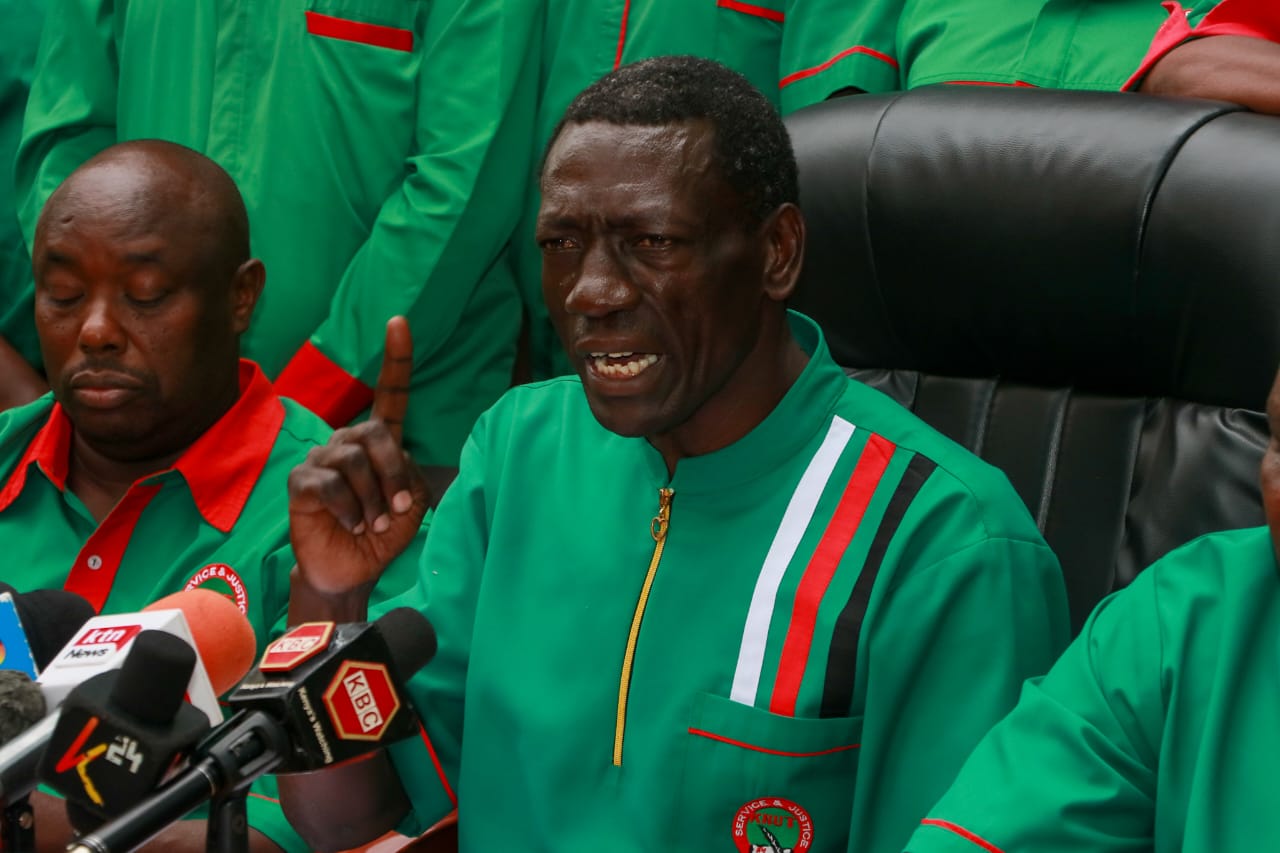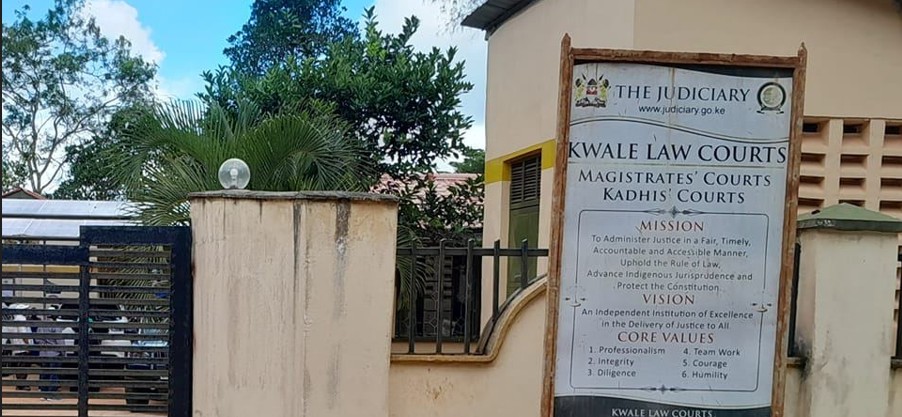KNUT, KUPPET clash over control of junior school teachers

The union’s secretary-general, Collins Oyuu, maintained that the teachers should not be under KUPPET’s jurisdiction, as they are stationed in primary institutions, not secondary schools.
A fresh battle has erupted between the Kenya National Union of Teachers (KNUT) and the Kenya Union of Post-Primary Education Teachers (KUPPET) over the representation of 46,000 Junior School (JS) teachers.
The dispute highlights a growing rivalry between the two unions over membership and the associated revenue.
More To Read
- Teachers to stay in same schools after promotions under new TSC policy
- Court clears TSC CEO recruitment petition for full trial
- TSC announces recruitment of 9,159 teachers nationwide
- Unions slam TSC over limited promotion slots as 131,000 teachers apply for 21,000 positions
- Senators demand permanent jobs for 20,000 junior secondary intern teachers
- Tension mounts as school heads, teachers’ union reject new TSC leadership structure
KNUT claims that the Junior School teachers, who are now under permanent and pensionable terms after two years of internship, belong to them by virtue of their posting in primary schools.
The union’s secretary-general, Collins Oyuu, maintained that the teachers should not be under KUPPET’s jurisdiction, as they are stationed in primary institutions, not secondary schools.
“The JS teachers are in primary schools, which fall under Knut’s jurisdiction and not secondary schools, which are our sister union KUPPET’s grounds,” he said.
According to Oyuu, the Teachers Service Commission (TSC) has been deducting agency fees from the JS teachers and remitting them to KUPPET, an action he criticised as unfair. He alleged that TSC’s actions were intended to create division between the two unions.
“We are currently driven by the Presidential Working Party on Education Reforms, and the recommendation therein has no junior secondary school, but JS. It is a position recognised by the government. The JS teachers are in the primary section, and fall under the purview of KNUT,” Oyuu stated.
The tension between KNUT and KUPPET is fueled by the lucrative agency fees, amounting to over Sh40 million every month, that are deducted from the teachers’ salaries.
This fight for revenue streams has been simmering for some time, with each union keen to strengthen its financial position.
Oyuu further insisted that the Labour Relations Act clearly outlines that union membership is voluntary and requires filling out a membership form, which he said the JS teachers had not done in favour of KUPPET.
“The law is very clear on the membership of a trade union by teachers. The Labour Relations Act states that one becomes a member of a union by filling a membership form, which has not happened in the current case,” he said.
He explained that membership should be determined by where a teacher’s services are based, reinforcing Knut’s position.
“The constituency of a union’s membership is based on where one’s services are domiciled. If your services are domiciled in primary school, you are a member of KNUT, and if you are in secondary, you are a member of the KUPPET,” Oyuu added.
Meanwhile, Section 49 of the Labour Relations Act states that workers who benefit from a Collective Bargaining Agreement (CBA) negotiated by a union are required to pay agency fees, even if they are not union members.
Since February, TSC has been deducting Sh859 monthly from each JS teacher and remitting the amount to KUPPET.
Other Topics To Read
Top Stories Today











































